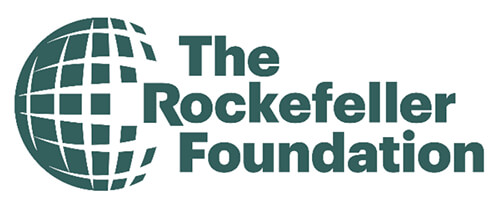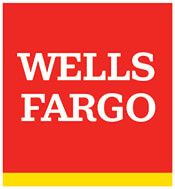Conclusion
While building energy upgrade programs look very different around the country—based on the local geography, building typologies, available funding resources, and administrative structures—there are many examples of existing programs that are already employing best-practice strategies to accelerate equitable building decarbonization.
As discussed throughout this Playbook, with new funding available for building decarbonization, equitable building energy upgrade programs can address persistent inequities and lead to healthier and more affordable housing, reduced energy burdens, opportunities for local economic development, and reduced emissions across the country.
R2E2 will update this resource as new and innovative approaches develop across the country. Our work aims to spur a national movement that prioritizes energy efficiency investments for those most in need. By doing so, we hope to help transform the housing sector and energy efficiency building upgrade markets.
If you would like additional information about any of the strategies discussed in this resource, have questions related to the Playbook, or would otherwise like to get in touch, please contact our initiative at our "Stay Informed" page.
About Residential Retrofits for Energy Equity (R2E2)
R2E2 is a partnership of the American Council for an Energy-Efficient Economy (ACEEE), Elevate, Emerald Cities Collaborative, and HR&A Advisors. R2E2 provides technical assistance to state and local governments, community-based organizations, and other entities to jumpstart energy retrofit programs for both single-family and multifamily low- to moderate-income housing ("LMI" housing), especially in disadvantaged and frontline communities.
Acknowledgements
This Playbook was made possible through the generous support of The Rockefeller Foundation, with additional funding from JPMorgan Chase, the Wells Fargo Foundation, The JPB Foundation, and The Summit Foundation. This resource was created by Residential Retrofits for Energy Equity (R2E2), a partnership of the American Council for an Energy-Efficient Economy (ACEEE), Elevate, Emerald Cities Collaborative (ECC), and HR&A Advisors. The lead author of this resource is Ian Becker at ACEEE. The resource includes contributions from Jennifer Amann, Aimee Bell-Pasht, Annika Brindel, Ruthie Cohen, Carolyn Conant, Dan Farrell, Krista Lee, Jasmine Mah, Paul Mooney, Diana Morales, Dave Ribeiro, Rohini Srivastava, Carolin Tolentino, Lowell Ungar, and Amber Wood at ACEEE; Anna Gallicchio, Hannah Glosser, Matt Rivas, and Callahan Seltzer at HR&A; Chelsey Bryant, Katherine Del Castillo-Beltran, Mandy Lee, and Daryl Wright, at ECC; and Gustavo Cordero, Jose J. Hernandez, Henry Love, Laura Oakleaf, Mary Jo Warskow, and Liz Wimmer at Elevate.
Our initiative gratefully acknowledges the external reviewers, internal reviewers, colleagues, and sponsors who supported this project. External expert reviewers included Michael Reiner and Christine Knapp from the Department of Energy (DOE), Aviva Klein Meyers and Beth Conlin from the Environmental Protection Agency (EPA), Michael Anderson from the Northeast Energy Efficiency Partnerships (NEEP), Ashley Van Stone from the City of Orlando, FL, Michael Salgueiro from the Local Initiatives Support Corporation (LISC), Marty Josten from New Ecology, and Jenna Tatum from the Building Electrification Institute. External review and support does not imply affiliation or endorsement. Internal reviewers from ACEEE included Annika Brindel, Amanda Dewey, Mark Kresowik, Steve Nadel, Dave Ribeiro, and Stefen Samarripas.
We would also like to thank the members of ACEEE's editorial and communications team, Camron Assadi, Mary Robert Carter, Kate Doughty, Mark Rodeffer, Ethan Taylor, and Mariel Wolfson, for their help in devising, producing, and launching this resource.








